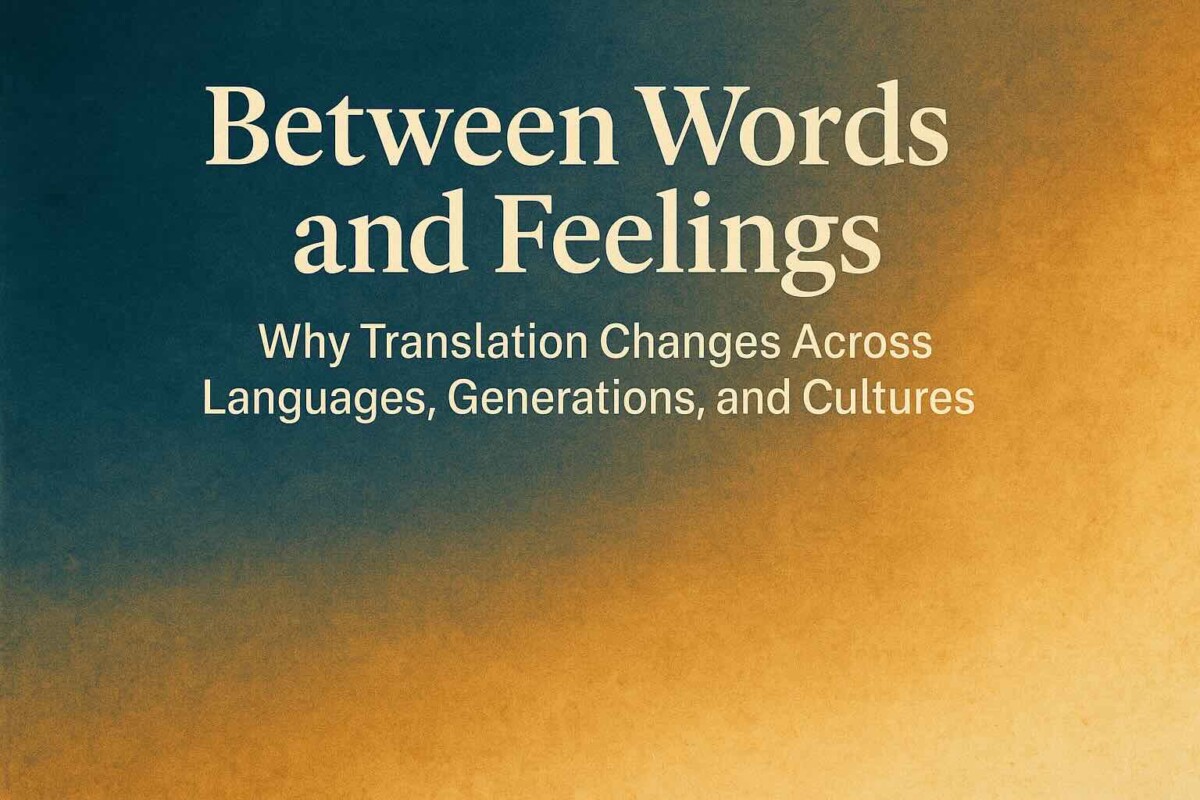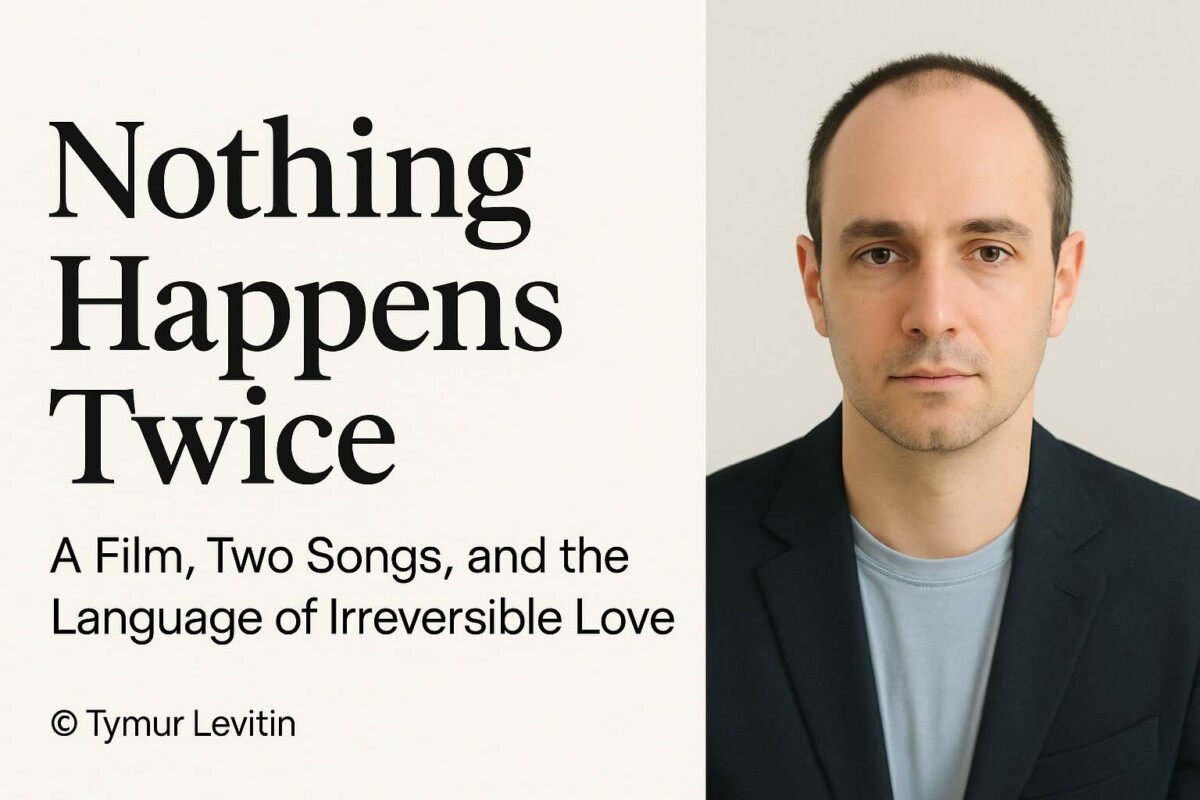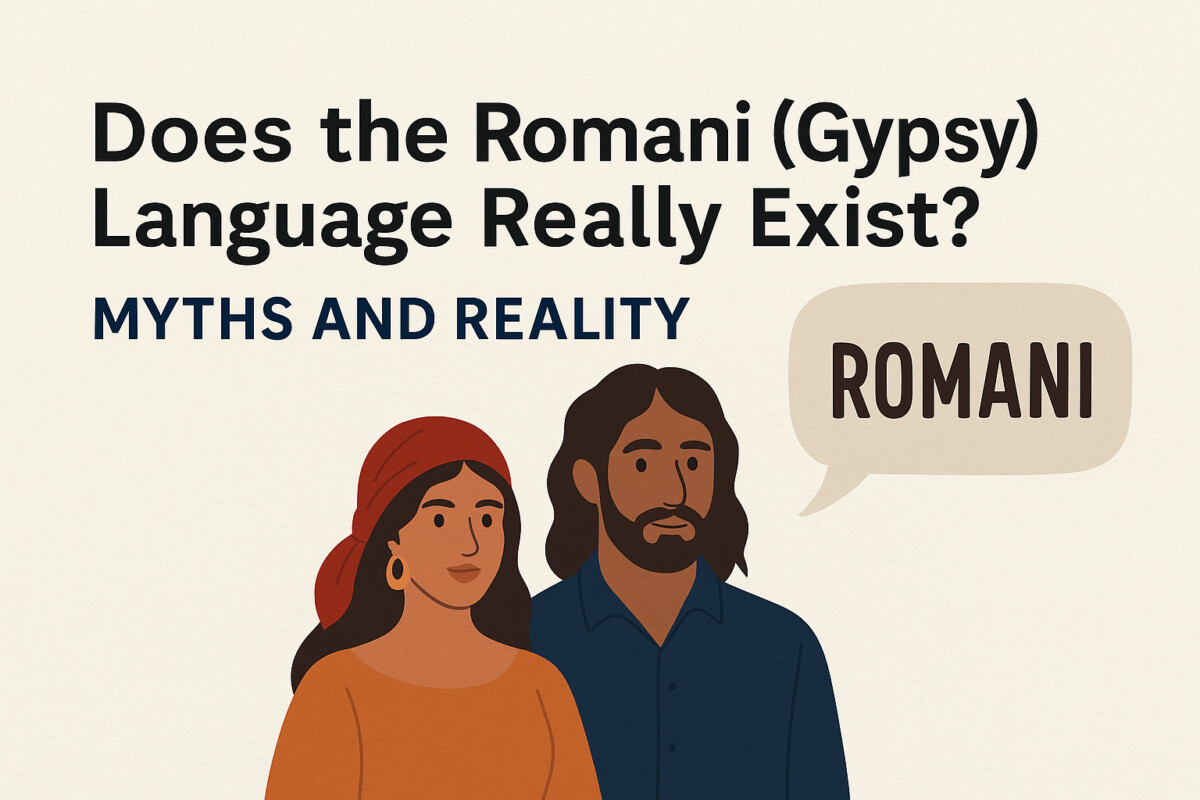Elige tu idioma: Levitin Language School – Languages
Introduction: When Stories Multiply Each Other
Sometimes music and cinema come together in a way that one explains the other. The Russian TV series Nichto ne sluchaetsya dvazhdy (Nothing Happens Twice) is a melodrama, yes — but also a meditation on fate, choice, and the impossibility of repeating what is lost. Two songs that accompany it — Kamik’s Lyublyu i nenavizhu (I Love and I Hate) and Emin’s Ty i ya – Ne vernut’ nazad (You and I – No Way Back) — are not just background music. They are parallel voices in the same story.
The Film: More Than a Melodrama
Fate and Irreversibility
The series is built on the premise that life does not give second chances. Every choice marks a point of no return.
Emotional Universality
What some dismiss as “just a melodrama” resonates because it speaks of things everyone recognizes: fragile love, betrayal, memory, and silence. It is not about the uniqueness of the plot but about the universality of emotions.
Two Songs, Two Languages of Feeling
Kamik: Raw Emotion, Spoken Like a Confession
Kamik sings without metaphors. His words are simple, sometimes almost awkward. But this nakedness is the point: “I love and I hate”, “My soul lives by you.” His language is the street-level code of contradiction.
Emin: Poetic Memory, Love as a Thread
Emin chooses imagery — “a spark in the eyes,” “a fragile thread of love,” “a photo album of memories.” His style is cinematic, echoing the series’ tone.
Together in One Frame
Placed side by side, the songs act like mirrors: one reflects the raw scream, the other the quiet monologue. Both describe the same human state — the pain of what cannot be undone.
Translation Insights
Why These Lyrics Are Hard to Translate
Both songs contain phrases deeply rooted in Russian emotional code:
- “Dusha zhivyot toboy” (My soul lives by you) has no direct English equivalent.
- “Tonkaya, kak nit’, lyubov’” (A love thin as a thread) sounds literal in English but in Russian it feels poetic and fragile.
Translation here is not about accuracy but about recreating atmosphere.
Classroom Applications
- Comparative Exercise: Students translate lines from both songs, then compare which feels closer to the film’s themes.
- Listening Task: Watch a short clip of the series with one of the songs. Discuss how words and images amplify each other.
- Discussion Prompt: “Can love ever happen twice?” Use the series’ title as a debate topic.
- Creative Writing: Rewrite one refrain as if it were dialogue in a movie scene.
Author’s Reflection
For me, this trilogy — the film and the two songs — is about the impossibility of escaping memory. Whether shouted like Kamik or whispered like Emin, the truth is the same: what once passed cannot be returned.
Language here is not only a tool of communication but of remembrance, even when remembrance hurts. That is why these songs, joined with this film, create a cultural moment worth analyzing — not because they promise “happiness,” but because they teach us to name the irreversible.

Explore More → Deja de memorizar. Empieza a pensar.
© Tymur Levitin — Author’s Column. Founder and Director of Levitin Language School / Start Language School by Tymur Levitin.
























